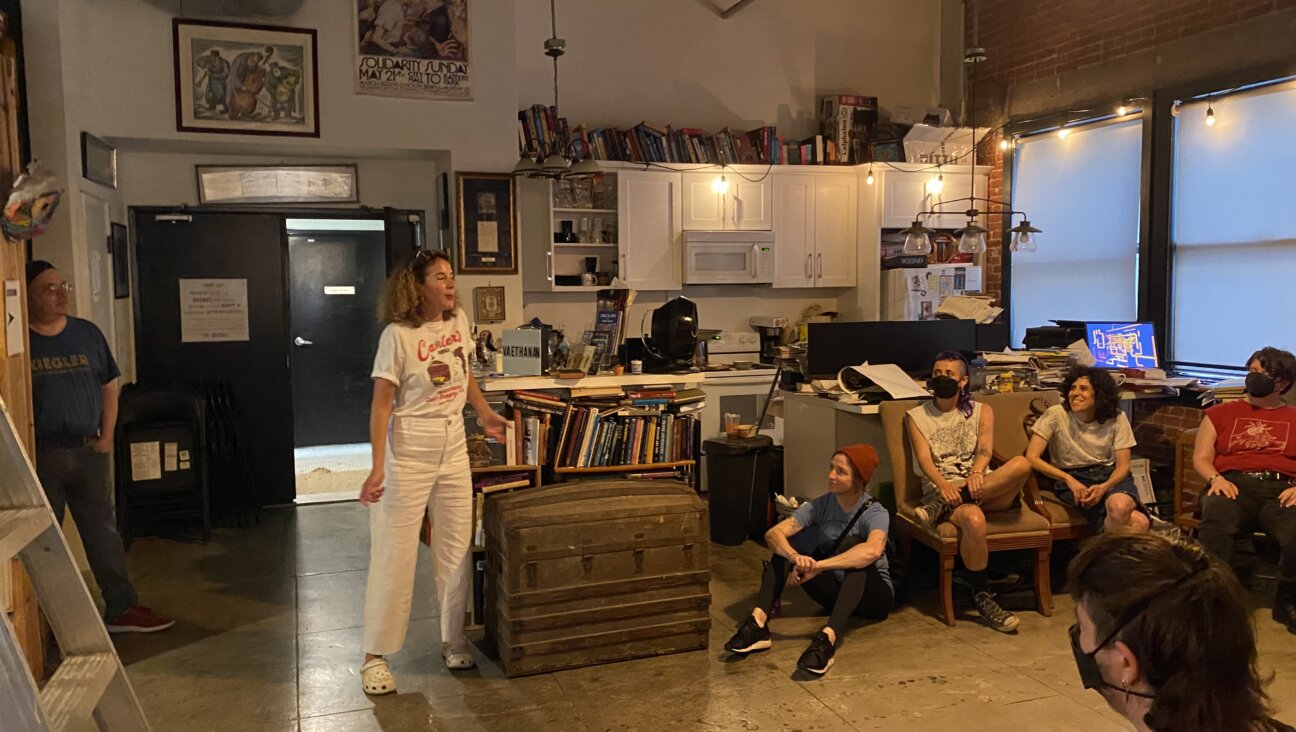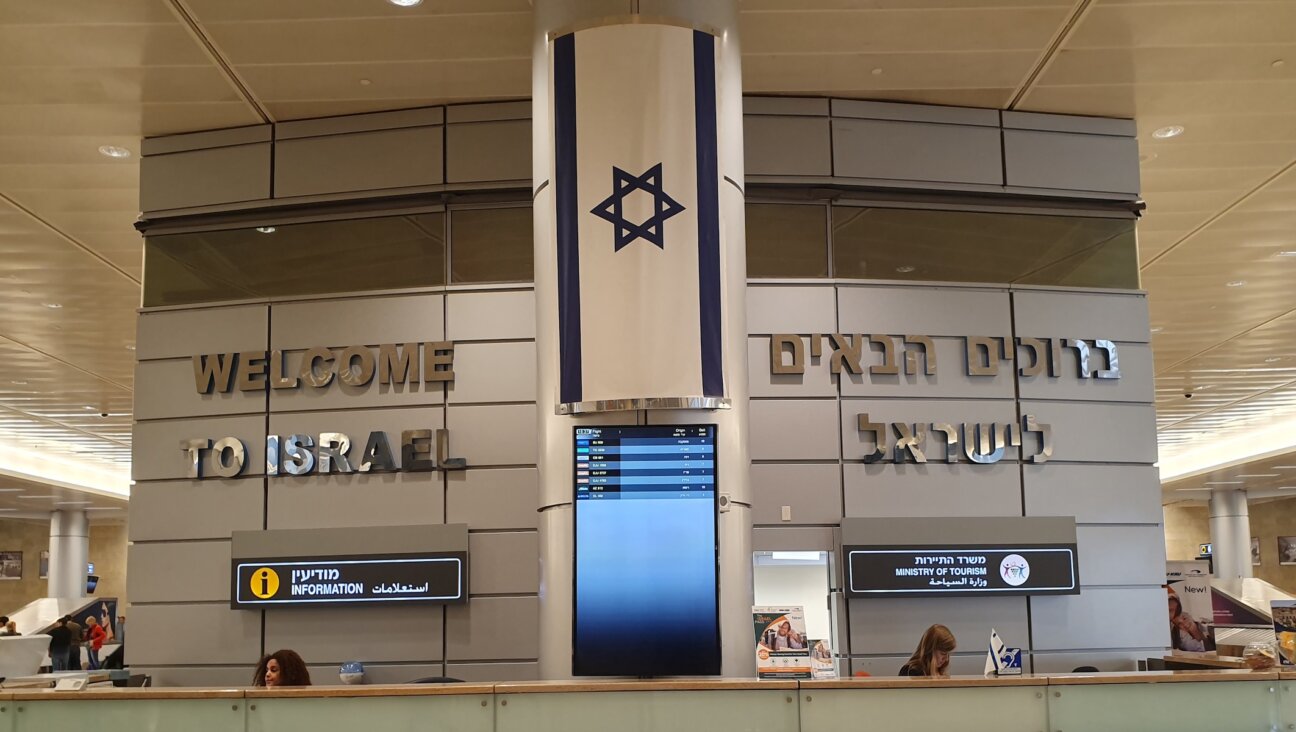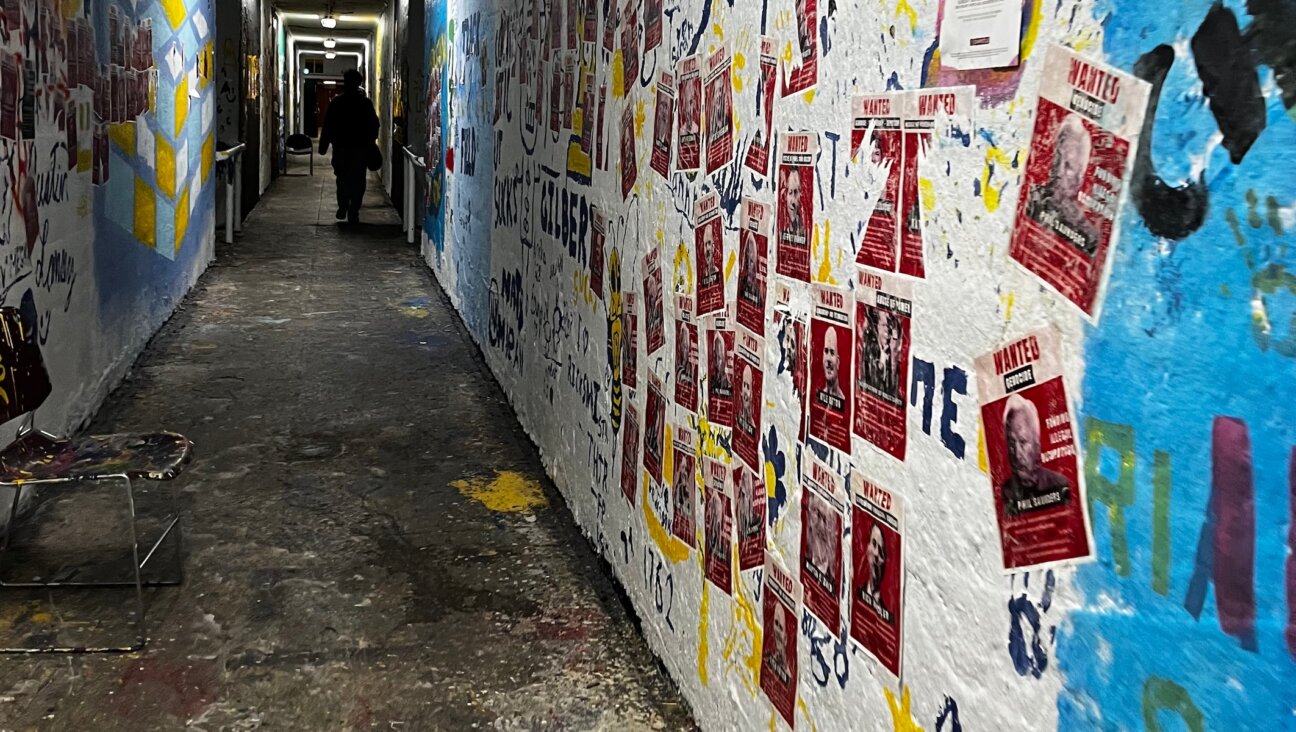Nazi Soldier Lived in Britain for 66 Years Until Death
A Nazi soldier who helped murder Jews during the Holocaust lived undetected in London for 66 years until his recent death, a British Nazi hunter said.
The man, a former SS soldier in a unit that massacred Poles and Jews during World War II, was identified as Serhij Woronyj by the Daily Mail, which reported about the case on Thursday. He worked as a printer and lived a London apartment until his death from a heart attack in March 2013 at the age of 89.
A private researcher, Stephen Ankier, told the Daily Mail that his research showed that Woronyj belonged to the 31st Punitive Brigade, also known as the Ukrainian Self Defense Legion, which later became part of the 14th SS-Volunteer Division “Galician.”
The SS division was involved in putting down the Warsaw Uprising, in which an estimated 200,000 civilians and rebel fighters were killed.
Woronyj was captured by British forces in 1945 after the unit surrendered itself to the British at the end of the war, calling themselves the First Division of the Ukrainian National Army.
They presented themselves as nationalists dedicated to the anti-Soviet cause and were accepted to settle in Britain with minimal checks for war crimes.
Ankier traced Woronyj after making dozens of trips to scour archives in Germany and Poland as well as travelling all over Britain, the Daily Mail reported.
Soldiers from the division were also involved in the destruction of Huta Pieniacka, a village in Poland that also served as a shelter for Jews, in which 1,000 people were killed.
One of Woronyj’s neighbors, who did not want to be named, said he was “a big man who kept himself to himself.”
Ankier made international headlines last year after he discovered one of the unit’s commanders, Michael Karkoc, living in Minnesota. German authorities are now considering if there is enough hard evidence to prosecute Karkoc and have him extradited from the United States.
A message from our CEO & publisher Rachel Fishman Feddersen

I hope you appreciated this article. Before you go, I’d like to ask you to please support the Forward’s award-winning, nonprofit journalism during this critical time.
At a time when other newsrooms are closing or cutting back, the Forward has removed its paywall and invested additional resources to report on the ground from Israel and around the U.S. on the impact of the war, rising antisemitism and polarized discourse.
Readers like you make it all possible. Support our work by becoming a Forward Member and connect with our journalism and your community.
— Rachel Fishman Feddersen, Publisher and CEO























